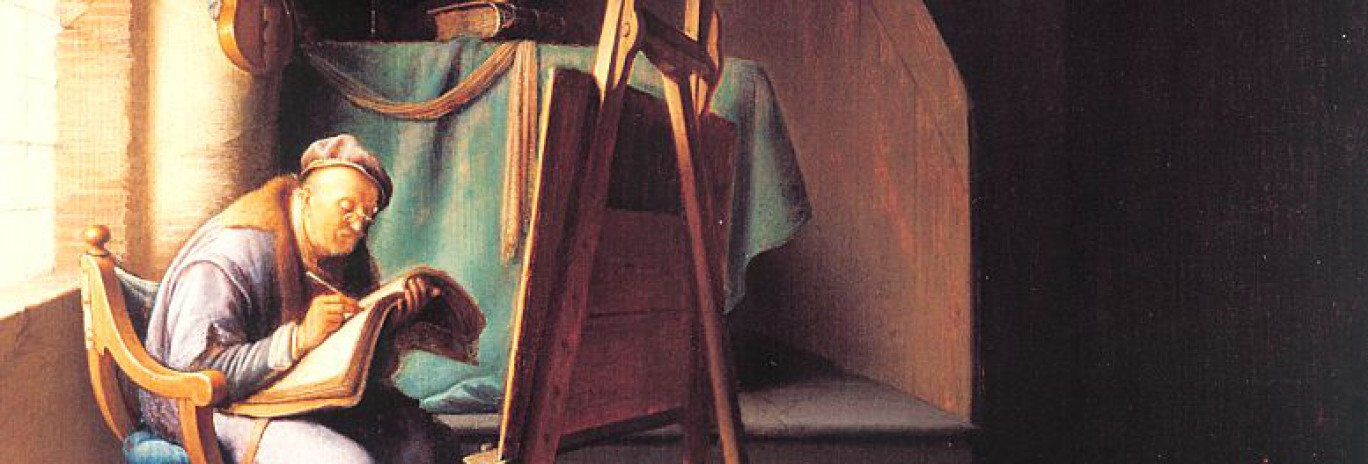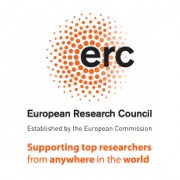Events
Descartes Centre History of Science colloquium
Title: Miniature cinema: the birth of images within the eye (film screening)
This session will be devoted to the screening of a couple of short films related to the history of science. The main film deals with cow’s eyes and the camera obscura.
‘In Waking Hours’ is based on the Latin writings of the Amsterdam physician Vopiscus Fortunatus Plempius. With the publication of his Ophthalmographia in 1632, Plempius shed new light on the age-old question of how seeing works. His answer was an invitation to experiment: ‘Enter with me into a darkened room… and prepare the eye of a freshly slaughtered cow.’ Historian Katrien Vanagt – cloaked in the skin of a 21st-century disciple of Plempius – follows her teacher’s instructions, while filmmaker Sarah Vanagt captures it on film. In a dark kitchen in Brussels, they thus become witnesses at the birth of images upon the eye. In this session, the public will be invited to reflect on the function of film within the field of the history of science. Is film a mere way of communicating the history of science, or can it become a research tool in itself?
Bio Katrien Vanagt
Katrien Vanagt is a historian of science with a special interest in the transmission of knowledge. She received her doctorate for a thesis entitled The Emancipation of the Eye. V.F. Plempius’s Ophthalmographia and Medical Theories of Vision. She was granted a Postdoctoral Fellowship by the The Netherlands Organisation for Scientific Research (NWO) and was awarded a Sarton Medal by the University of Ghent. Reconstructing historical experiments dealing with eyes and the camera obscura and being involved in film projects like ‘In Waking Hours’, marked a turning point in her career, and she is now producing short documentary films about science. She is currently a research fellow at the Descartes Centre.


